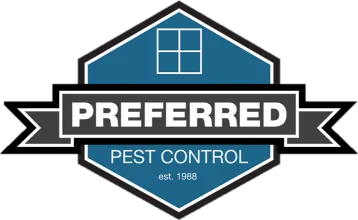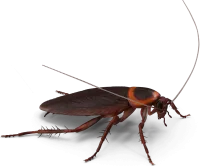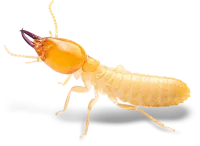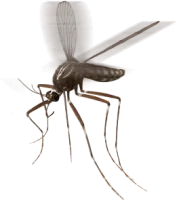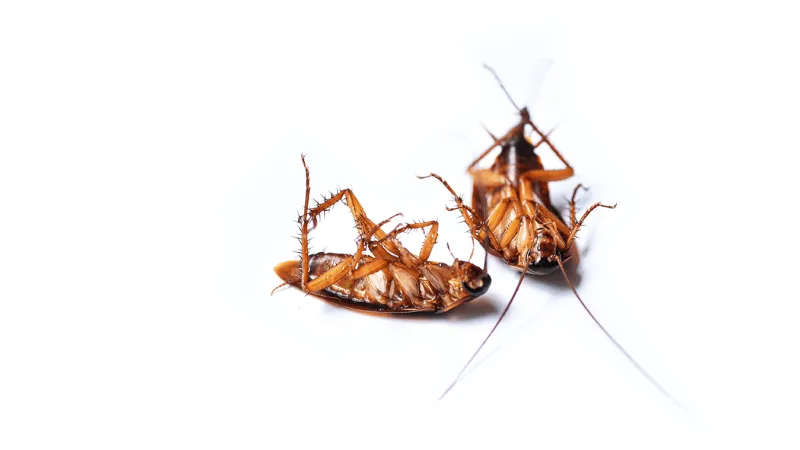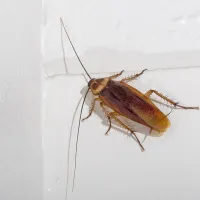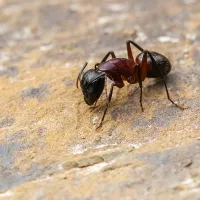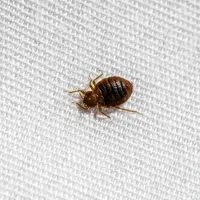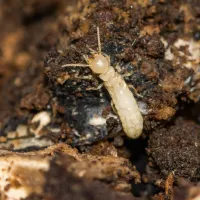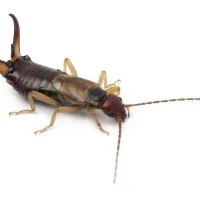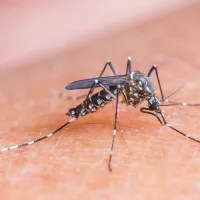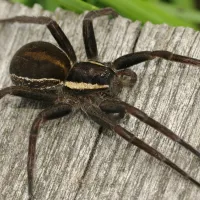Quarterly Pest Control
Effective Pest Management
We go the extra mile in providing pest protection for you and your family. Our team understands the struggle to preserve a pest-free environment amidst life's obligations. Whether contending with ants, spiders, silverfish, or roaches or simply wanting to be proactive, Preferred is ready with the expertise and commitment to shield your household from unwelcome invaders.
Our initial service includes a thorough inspection and treatment of both the interior and exterior of your residence or commercial space. Subsequently, our quarterly visits prioritize exterior treatments, targeting entry points to deter bugs effectively.
Termite Protection Is A Must
Reliable Termite Solutions
In the battle against wood-destroying organisms, Americans invest more in termite prevention/services/mosquito-control and repair than any other pest. Particularly prevalent in the Southeast, subterranean termites pose a significant threat. Termites can silently wreak havoc, causing costly damage before you even know they're there.
It's not a question of if termites will strike but rather when they will. Be proactive. Have peace of mind and ensure the longevity of your home with our comprehensive termite protection solutions from Preferred.
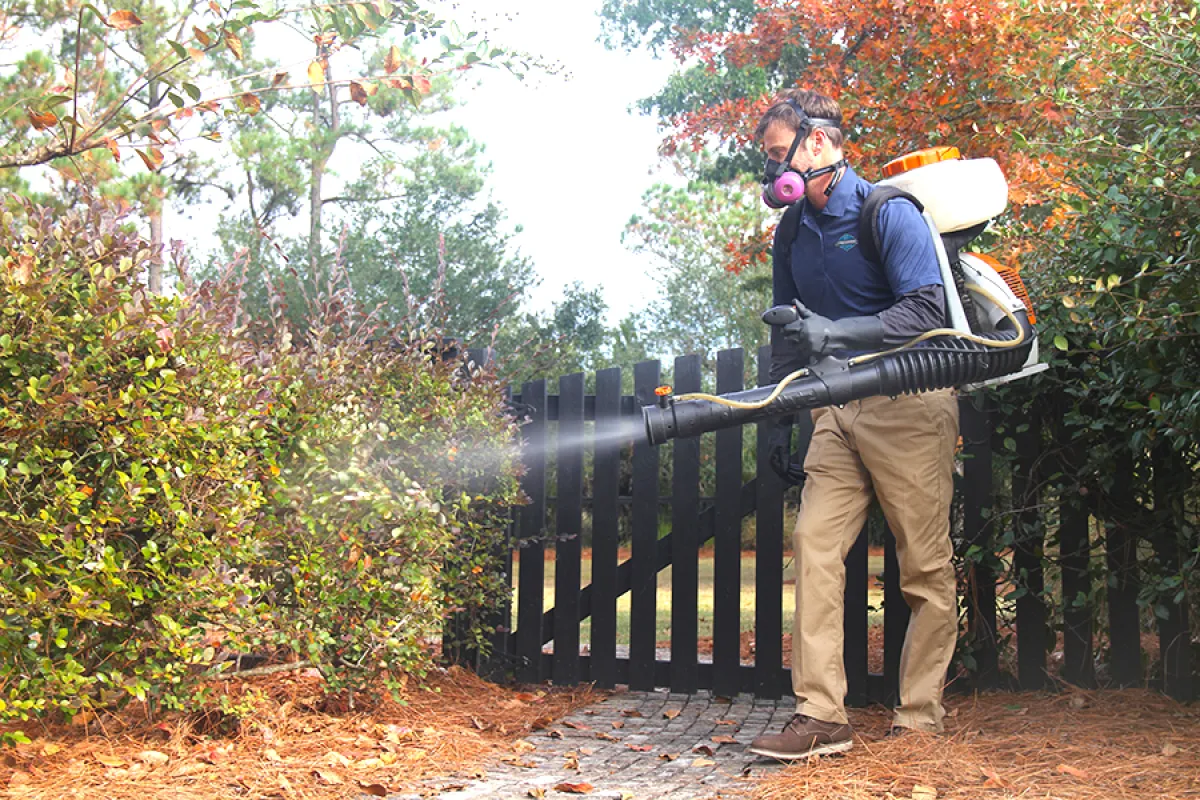
Mosquito Reduction Services
Enjoy Fewer Mosquitoes This Year
Mosquitoes are known for their bothersome bites, inducing itching and discomfort. Beyond disrupting outdoor enjoyment, they also present health hazards through disease transmission.
Say goodbye to those irritating pests when you choose Preferred and our knowledgeable team for effective mosquito management. Enjoy the outdoors without worry with our trusted mosquito control services.
Your Home Is Your Castle, Not a Home for Pests
Let's target your pest concerns and deal with them once and for all.
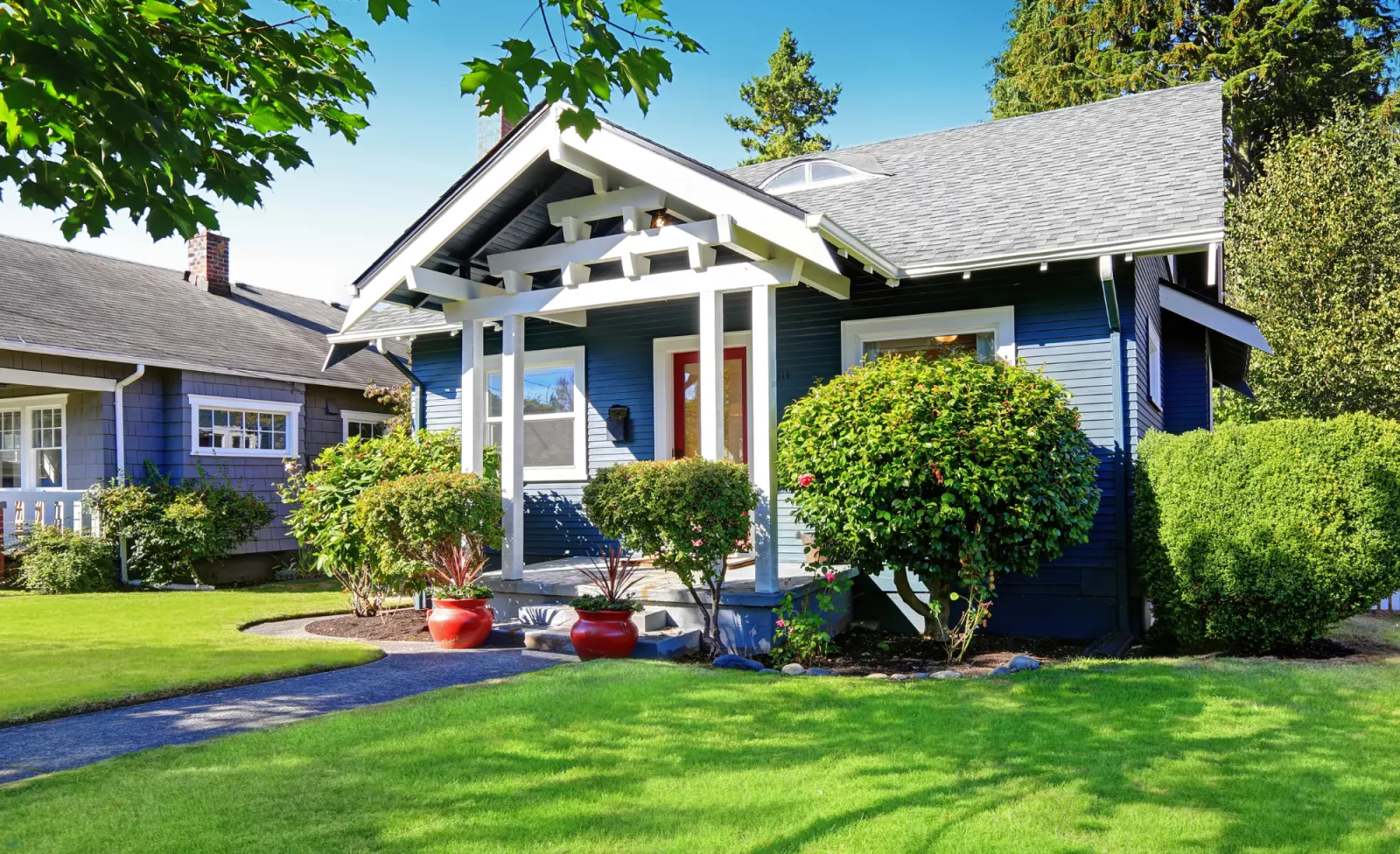
Insider Insights On Pests
Uncertain what you're seeing? Let us help!
We Love Hearing From
Our Happy Customers

Check Out Our Blog For News You Can Use!
We offer tips and education on how you can protect your family and home from pests.
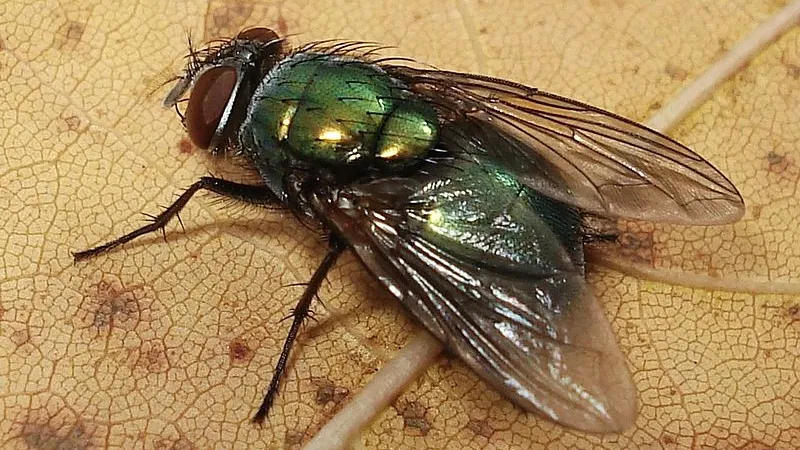
Control Blowflies on Your Own
Flies are one of the most annoying bugs in southeast Georgia. Their dirty habits and ability to easily transmit diseases make them a pest you absolutely do not want in your...READ MORE

Understanding the 4 Types of Spider Webs
Spiders are creepy. No one wants them crawling around their home or covering their porch with spider webs. We love making sure your home is free of pests, and we can provide...READ MORE
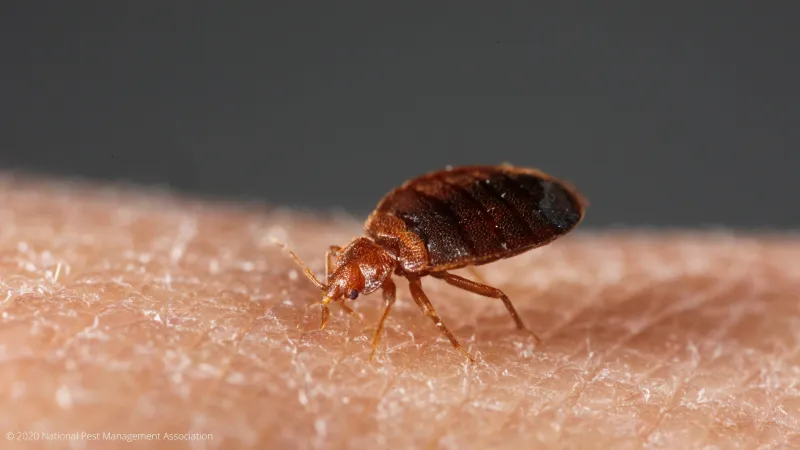
Don't Let The Bed Bugs Bite
Bed bug control is tough. Years ago, the industry did not see many bed bugs and even stopped teaching pest control technicians how to control them! Luckily for you, our bed bug...READ MORE
